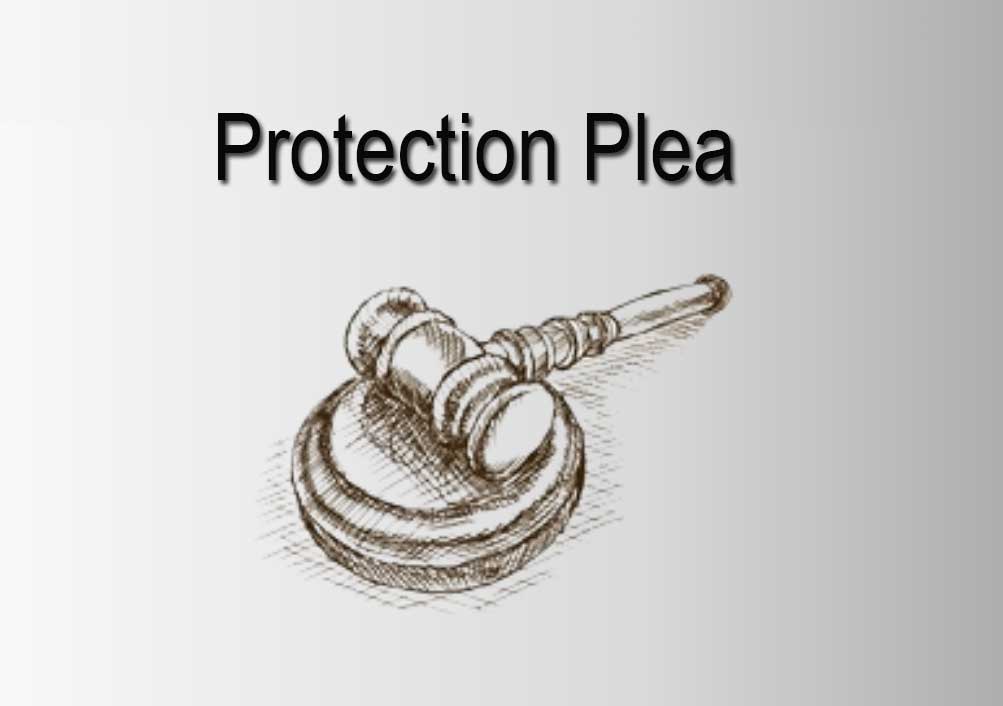It is time to shift perspective from didactics of orthodox society shackled with strong strings of morality, to one that values individual’s life above all: P&H HC while allowing Protection Plea

Read Order: Jai Nrain & Another v. State of Punjab and Others
Monika Rahar
Chandigarh, March 4, 2022: While allowing a Protection Plea of a live-in couple, the Punjab and Haryana High Court has held that in the ever-evolving society, evolving the law with it, the time is to shift perspective from didactics of the orthodox society, shackled with the strong strings of morality supported by religions to one that values an individual’s life above all.
The Bench of Justice Anoop Chitkara made the above-stated observations when it encountered a petition filed by a live-in couple who were faring for their lives and liberty at the hands of the private respondents and were seeking protection through the State, by invoking their fundamental rights of life guaranteed under Article 21 of the Constitution of India.
The petitioners’ counsel had clarified that the second petitioner was a married woman and she voluntarily went to the company of the first petitioner. The counsel submitted that the petitioners were facing grave danger from the private respondents and thus prayed was made for protection of their life and liberty.
At the very outset, the Court reflected upon how times are changing fast even in those lands that were left behind and stuck with the old ethos and conservative social milieu.
The Court asserted, “We are governed by the rule of law and follow the Constitutional dharma. In the ever-evolving society, evolving the law with it, the time is to shift perspective from didactics of the orthodox society, shackled with the strong strings of morality supported by religions to one that values an individual’s life above all.
Further, echoing the cherished ideals of Life and Liberty, the Court stated, “Every person in the territory of India has an inherent and indefeasible fundamental right to life flowing from Article 21 of India’s constitution and the State is duty-bound to protect life.”
Coming to the factual aspects of the case, the Court observed that if the allegations of apprehension of threat to their (petitioners’) lives turn out to be true, it might lead to an irreversible loss.
Thus, without adjudicating on the validity of petitioner’s marriage or her decision of cohabiting with the first petitioner, but adhering to its fundamental duty of guarding their lives, the Court ordered the concerned Police officials to provide appropriate protection to the petitioners for a specified time.
The Court also clarified that there was no adjudication on merits and that the order was not a blanket bail in any FIR. It was further clarified that this order was to not come in the way if the interrogation of the petitioners was required in any cognizable case. The petitioners were also given the liberty to approach the Court again in case of any fresh threat perception.
Sign up for our weekly newsletter to stay up to date on our product, events featured blog, special offer and all of the exciting things that take place here at Legitquest.




Add a Comment